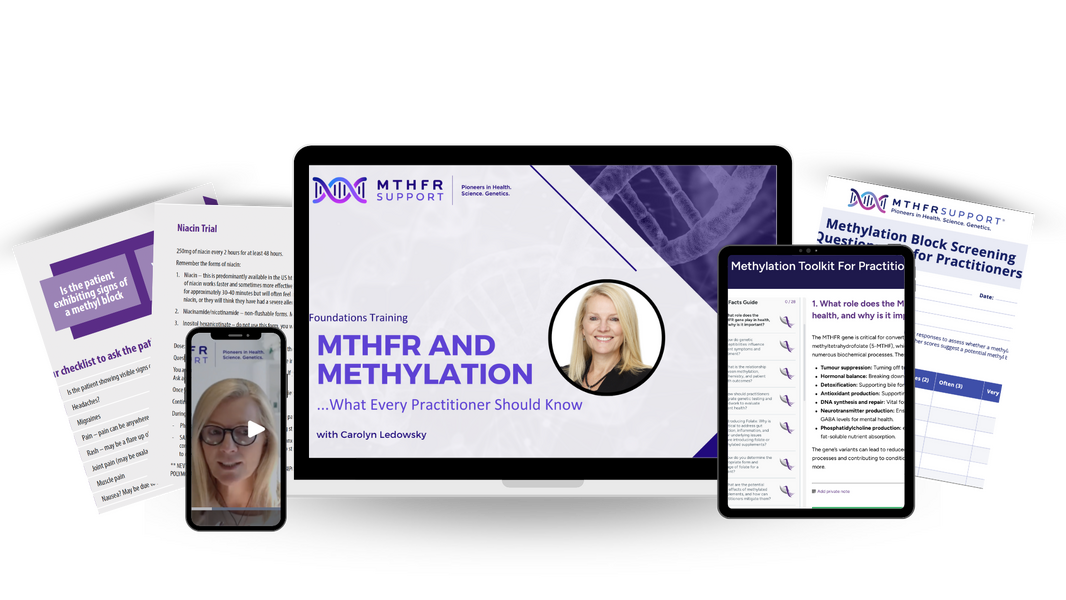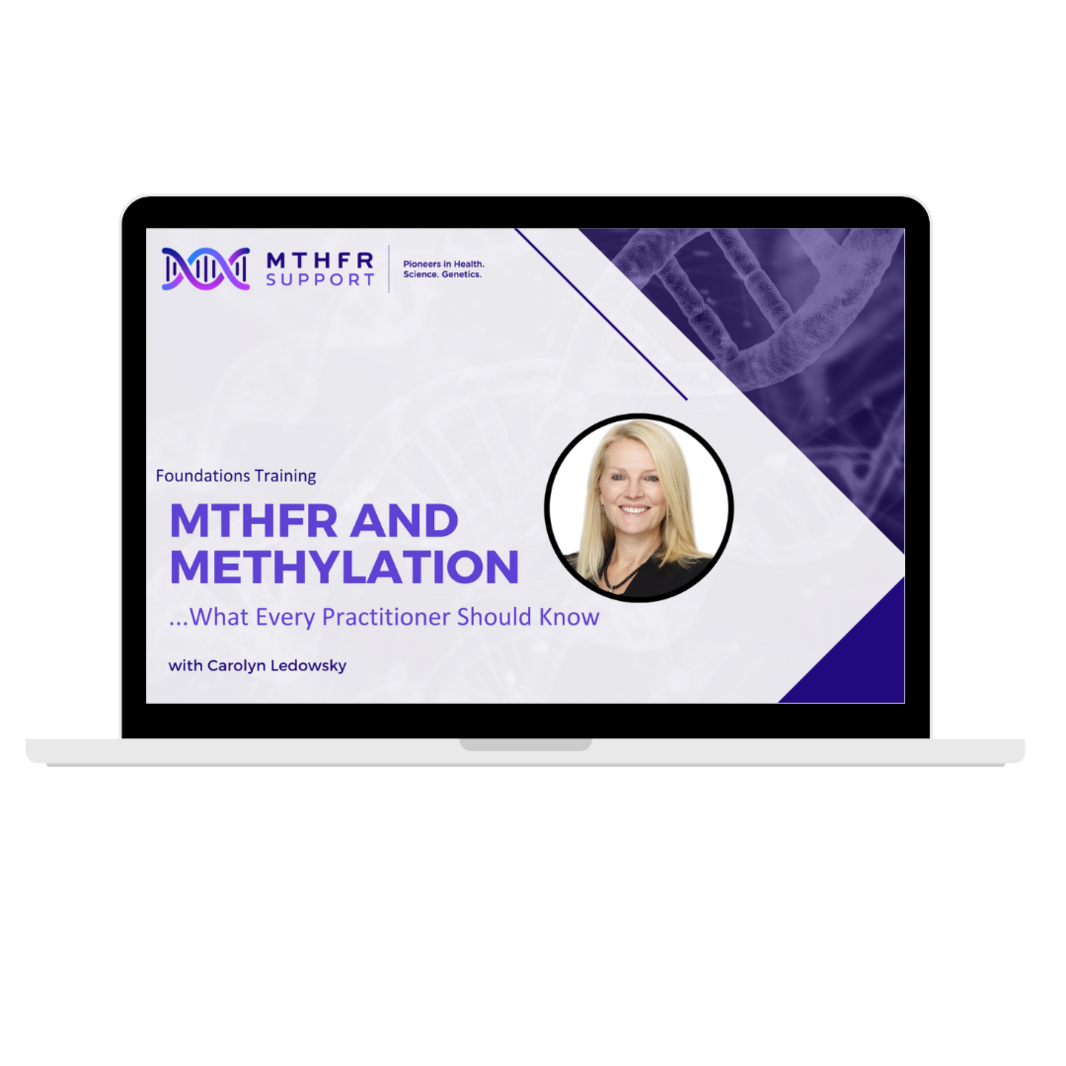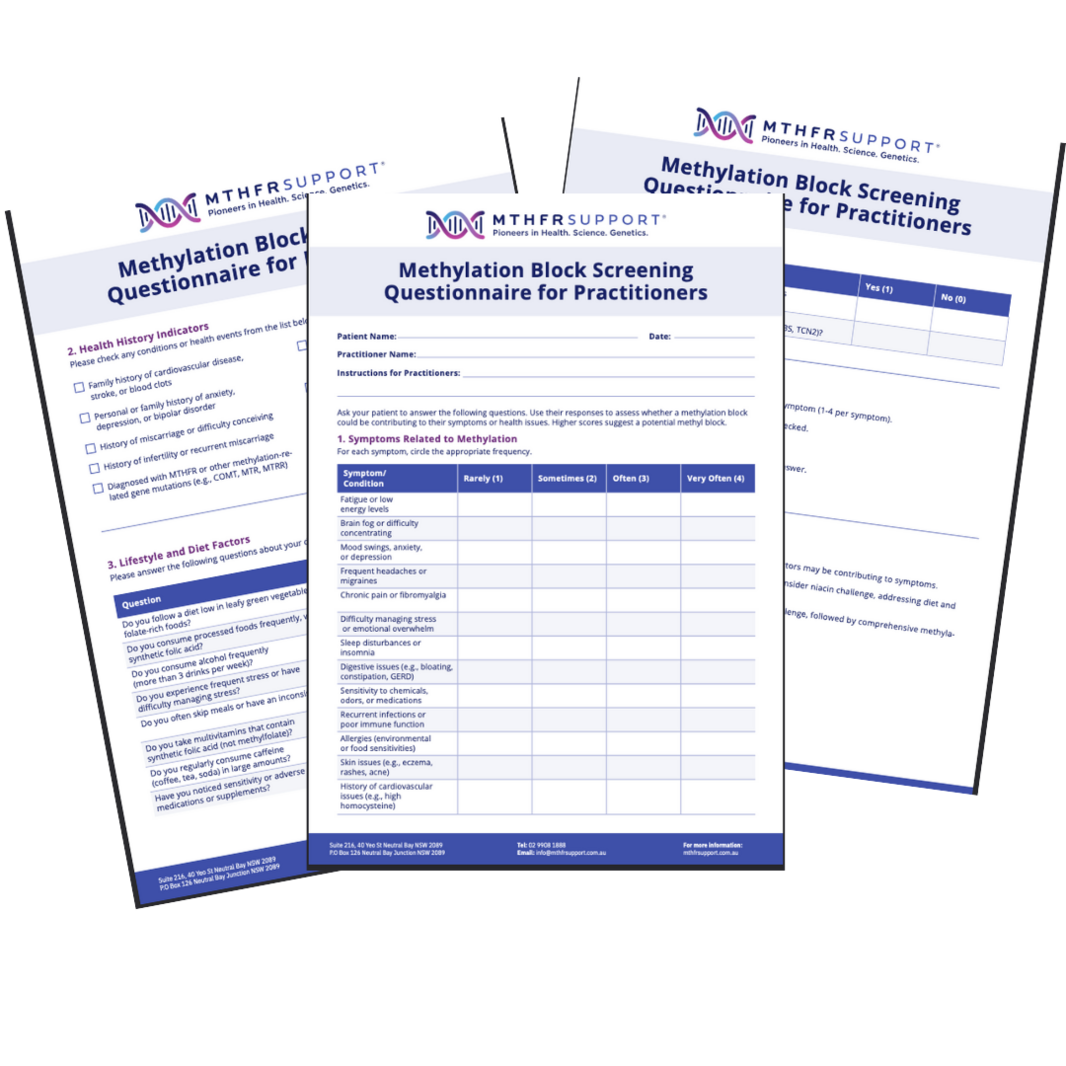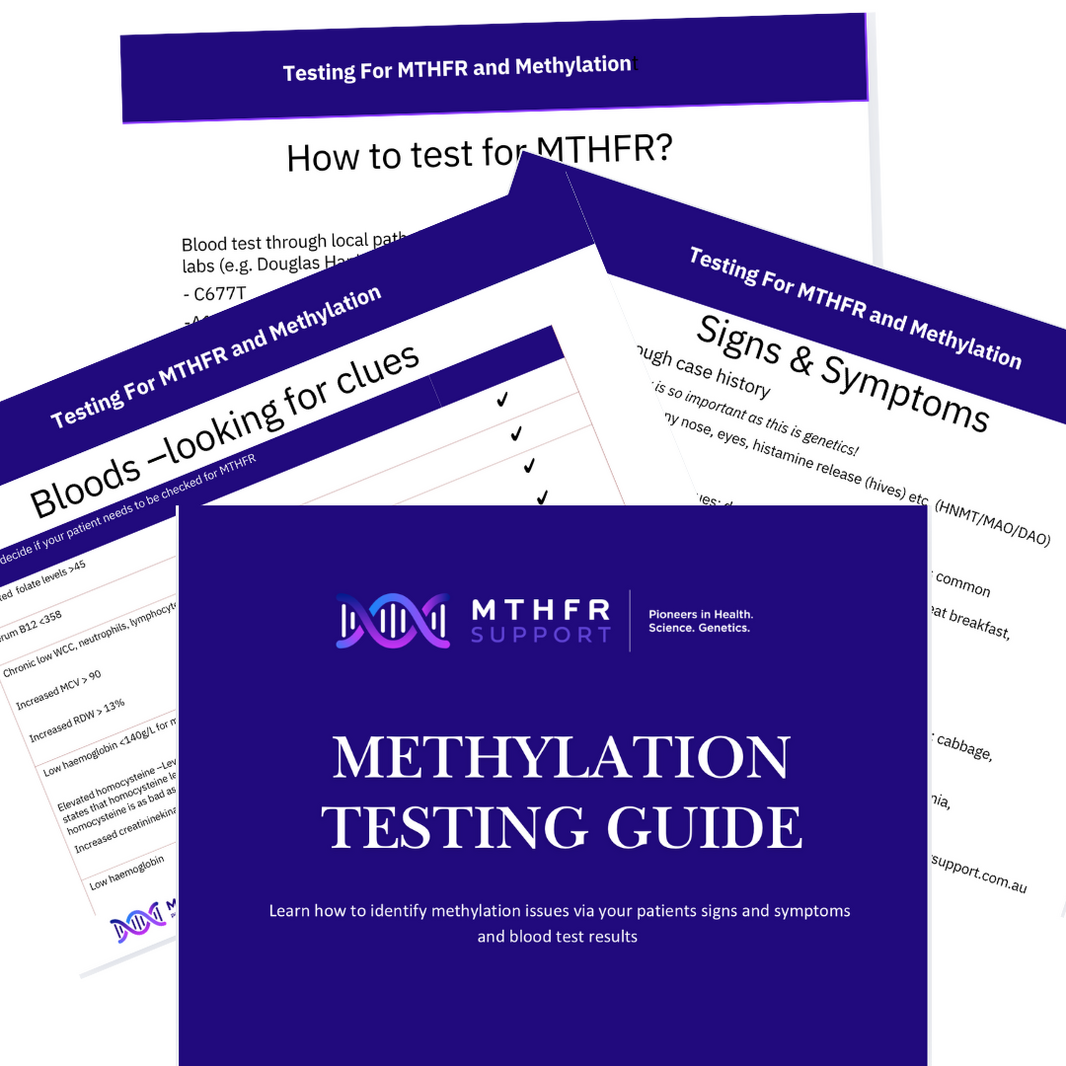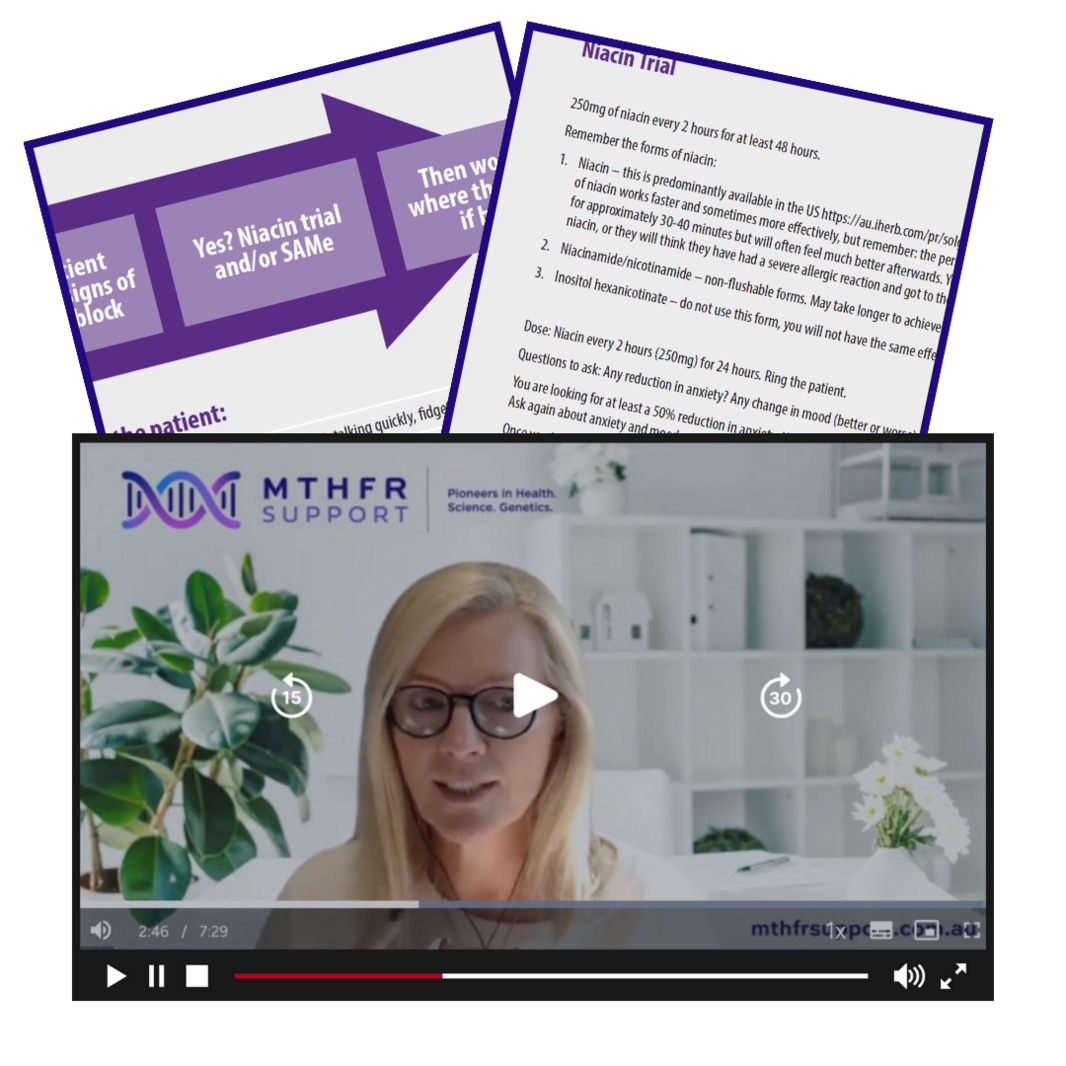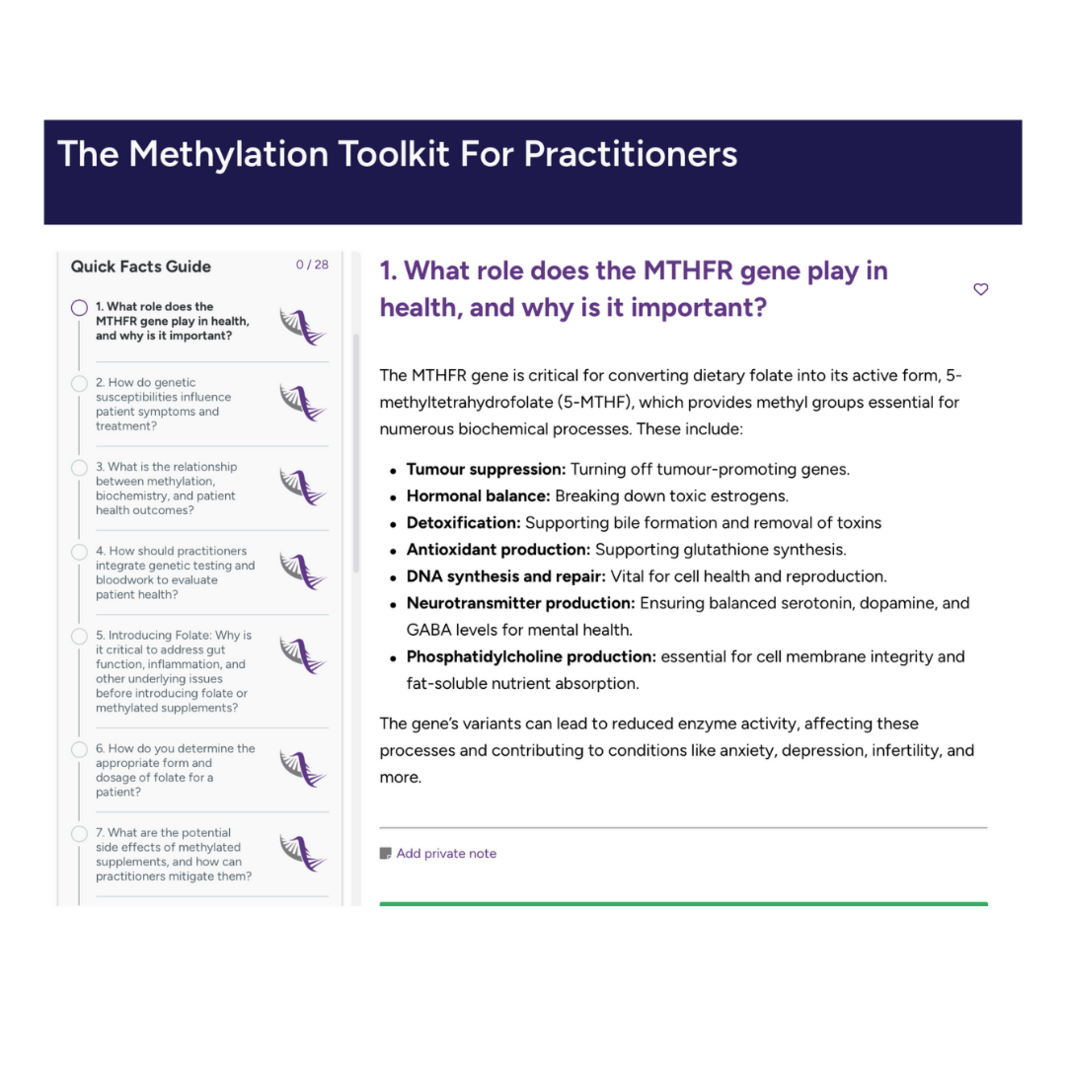![]()
The Methylation Toolkit for Health Practitioners
Get the tools to identify, assess, and treat methylation blocks with precision.
All for just $27!
This is For You If..
You’ve heard of MTHFR and Methylation, but are unsure how to identify if it's a problem for your patients... you want to know what signs to look out for
You've had patients react negatively to methylfolate, complaining of anxiety, migraines, or worse... you want to know why that can happen and what to do about it
You’re unsure of what to to do first when someone has signs of "over" or "under" methylation... you want clarity and confidence in your prescriptions
You want to confidently answer your patients questions about MTHFR and methylation... without overwhelming them.
If you nodded your head to any of the above, The Methylation Toolkit for Health Practitioners is for you.
Identify, Assess and Address Methylation Issues With Confidence
With The Methylation Toolkit
Welcome!
Hi, I’m Carolyn Ledowsky, I’m the founder of MTHFR Support Australia and The Functional Genomics Institute.
I'm a functional genomics practitioner with over 15 years of experience helping patients and training practitioners just like you. Over the years, I’ve developed a proven, biochemistry-based approach to resolving complex methylation issues, backed by clinical results.
In this toolkit, I’ve condensed my expertise into a simple, actionable system you can use immediately in your practice—even for your most challenging cases.
"You can't give methylfolate or folinic to everyone with MTHFR and expect it to work. You could cause a serious reaction.
You must assess for a methylblock and know how to undo that block before doing anything else. "
- Carolyn Ledowsky, Australia's Leading Methylation Expert and Researcher
Here’s what you’ll get with the Methylation Toolkit for Health Practitioners:
- Video: MTHFR and Methylation Foundations Training Webinar
- 28- Quick Answers to the Most Common Questions Practitioners and Patients Ask
- PDF: Clinical Assessment Questionnaire (Give to Patients)
- Video + PDF: How to Undo a Methylation block (i.e. how to do a niacin challenge)
- PDF: Methylation Testing and Optimal Blood Reference Ranges Guide
- PDF: Implementation Checklist
Total Included Value: $264!
Testimonials




Here's Exactly What You'll Get...
1. Comprehensive Video Webinar:
Foundations Training: MTHFR and Methylation... What Every Practitioner Should Know
This in-depth training brings clarity to the complex world of methylation, helping you deliver better outcomes for your patients.
- Unlock the Biochemistry Behind Methylation: Understand the core pathways and the genetic, environmental, and biochemical factors that influence them.
- Identify Key SNPs and the factors that affect them
- Understand how to answer your patients most burning questions without overwhelming them
- Case Study Walkthroughs: See how to identify and resolve methylation blocks in real patients, avoiding common treatment missteps like overprescribing methylfolate.
- Actionable insights: Learn to integrate genetic data, blood markers, and clinical signs into a cohesive treatment strategy tailored to each patient’s needs.
This isn’t just another lecture—it’s a practical masterclass that empowers you to take immediate action in your practice.
2. Methylation Block Screening Questionnaire: Your Patient Assessment Blueprint
This detailed questionnaire is your go-to tool for uncovering methylation disturbances and guiding patient care.
- Target the Right Patients: Quickly identify who is likely dealing with methylation issues using a structured approach.
- Comprehensive Evaluation: Cover symptoms, health history, lifestyle, and genetic factors with a scoring system that highlights key areas of concern.
- Easy Implementation: Use this framework to streamline your initial consultations, ensuring no critical detail is overlooked.
With this tool, you'll confidently identify methylation blocks and set the stage for targeted interventions.
3. Methylation Testing Guide: Optimise Your Clinical Assessments
Say goodbye to guesswork when evaluating your patient’s lab results. This resource equips you with optimal blood marker ranges specific to methylation.
- Key Markers for Methylation Health: Interpret homocysteine, B12, folate, zinc, and more with precision.
- Optimal Ranges at Your Fingertips: Know what’s ideal for methylation, not just what falls within standard lab ranges.
- Practical Insights: Understand how to link blood results with clinical symptoms and genetic predispositions for a more holistic approach.
This guide is a must-have resource for practitioners aiming to deliver cutting-edge, evidence-based care.
4. The Niacin Challenge Protocol: Your Key to Identifying and Resolving Methylation Blocks
This signature technique is a clinically proven method to safely assess and manage methylation issues in your patients.
-
Step-by-Step Instructions for Practitioners:
Conduct the niacin challenge with clear, easy-to-follow steps designed to pinpoint methylation dysfunctions. Learn how to monitor patient responses in real-time, ensuring their safety and comfort throughout the process. -
Personalised Treatment Guidance:
Master the art of introducing niacin and SAMe to resolve methylation blocks while addressing individual genetic factors like COMT and MAOA polymorphisms. Avoid common pitfalls with precise dosages and adjustments tailored to your patient’s unique biochemical needs. -
Restore Methylation Balance Safely:
Use this method to rebalance your patient’s methylation cycle, reduce symptoms like anxiety and fatigue, and prepare them for the next stages of treatment.
This is not just another protocol—it’s a proven strategy that forms the cornerstone of my approach to methylation therapy, delivering transformative results for both practitioners and patients.
5. Practitioner Q&A Hub: Answers to the 28 Most-Asked Questions
This resource is your fast track to clarity, tackling the most common questions practitioners face when managing methylation blocks.
- Get Expert Guidance: From managing sulphur sensitivities to balancing histamine and handling CBS pathway issues, every answer is backed by clinical expertise.
- Personalised Approaches: Learn how to adapt treatments for genetic susceptibilities like COMT, DAO, and MTR polymorphisms.
- Practical and Actionable: Clear explanations and next steps that you can immediately apply in your practice.
This hub ensures you have on-demand support for the challenges you encounter every day.
GET INSTANT ACCESS NOW
GET INSTANT ACCESS NOW
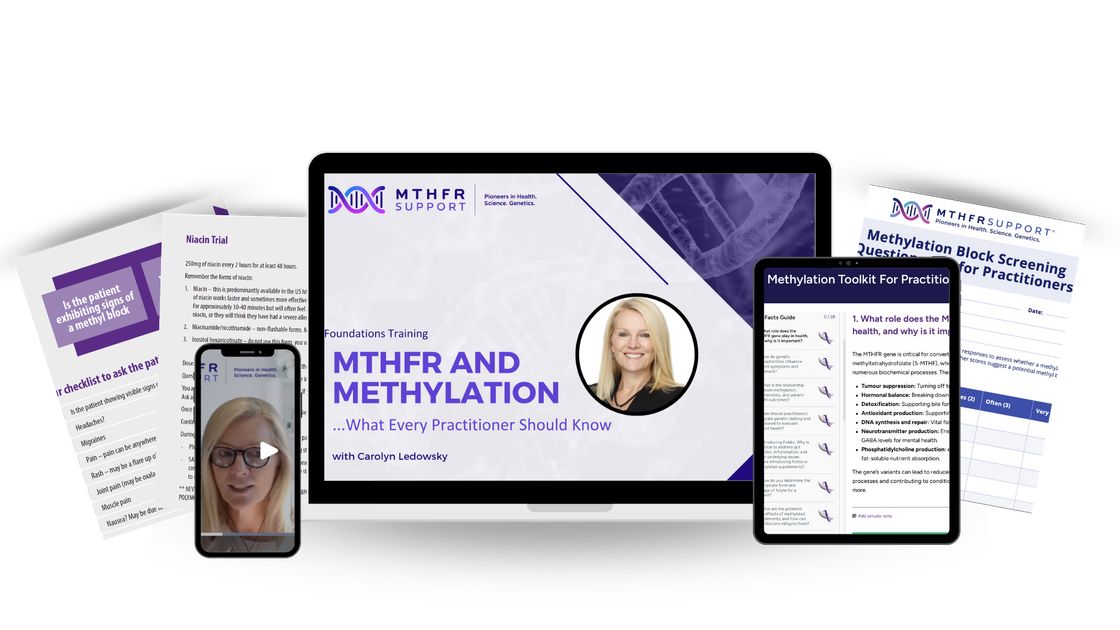
The Methylation Toolkit for Health Practitioners
The Methylation Toolkit for Health Practitioners
Get the tools to identify, assess, and treat methylation blocks with precision.
Included value $264
If You Are New To Genomics, The Place To Start Is To Get a Better Understanding of MTHFR and Methylation
Methylation disturbance is at the heart of many health conditions.
Variations to the genes that affect methylation, including but not limited to the MTHFR gene, can affect various bodily functions, leading to a range of health implications.
Here are 9 major health areas that can be impacted by MTHFR and methylation gene mutations:

Decrease Nutrient Absorption and Utilisation
Genetic mutations can also affect how well the body absorbs and uses certain nutrients, like folate, which is vital for many bodily processes, including, you guessed it, detoxification.

Mental Health
MTHFR mutations can impact mental health, contributing to depression, anxiety, and bipolar disorder. This is partly due to the role of the MTHFR enzyme in producing neurotransmitters like serotonin, dopamine, and norepinephrine, which are critical for mood regulation.

Increase Sensitivity to Toxins and Medications
People with MTHFR variations can find themselves more sensitive to certain toxins and medications. This is because their bodies can struggle to process and eliminate these substances effectively.
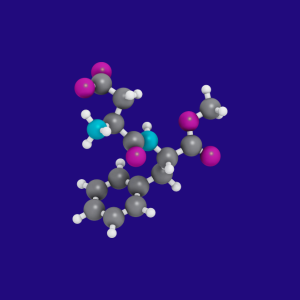
Reduce Methylation
Methylation is like your body’s internal cleaning service. It helps in detoxifying homocysteine (a harmful amino acid) and converting it into other useful substances. With a less efficient MTHFR enzyme, the detox process can be less efficient, potentially leading to an accumulation of toxins and homocysteine.

Fertility
Both men and women with MTHFR mutations may experience fertility issues. This is because the mutation can affect homocysteine levels and folate metabolism, which are important for reproductive health and embryonic development. Mutations in the MTHFR gene can lead to higher levels of homocysteine, which is associated with pregnancy complications such as preeclampsia, spontaneous abortion, and placental abruption.

Detoxification
The MTHFR gene is essential for converting homocysteine into methionine, a process that requires folate (vitamin B9). Methionine is crucial for your body's detoxification processes. A mutation in the MTHFR gene can lead to higher levels of homocysteine and reduced methionine, potentially impairing the body's ability to detoxify effectively.

Bone Health
Elevated homocysteine levels have been linked to an increased risk of osteoporosis and bone fractures. This is because homocysteine can interfere with collagen cross-linking, which is essential for bone strength.

Cardiovascular Health
Elevated homocysteine levels, which can result from MTHFR mutations, are linked to an increased risk of heart disease and stroke. The process affects the inner lining of blood vessels, potentially leading to clot formation and vascular damage.

Immune System Function
MTHFR mutations can influence the immune system's efficacy. The process of methylation, in which the MTHFR gene plays a crucial role, is vital for immune cell function and the regulation of immune responses. Disruptions in methylation can potentially lead to an increased susceptibility to infections and auto-immune conditions.
It's a complex picture, isn't it?
And there are many, many more implications of methylation disruption.
It's important to remember that having an MTHFR mutation doesn't guarantee health problems in these areas; it simply indicates a potential vulnerability. Lifestyle factors, diet, and other genetic factors also significantly determine health outcomes.
As a practitioner, it's essential to have a deep understanding of the genetic, dietary, environmental, and lifestyle factors that disrupt methylation and how to identify signs of a methylation block when speaking to your patients.
If you are ready to learn how to do this, the best thing you can do is to learn how to identify a methylation block and what to recommend to bring relief to your patient.
You will get this, plus more, in the methylation toolkit.
